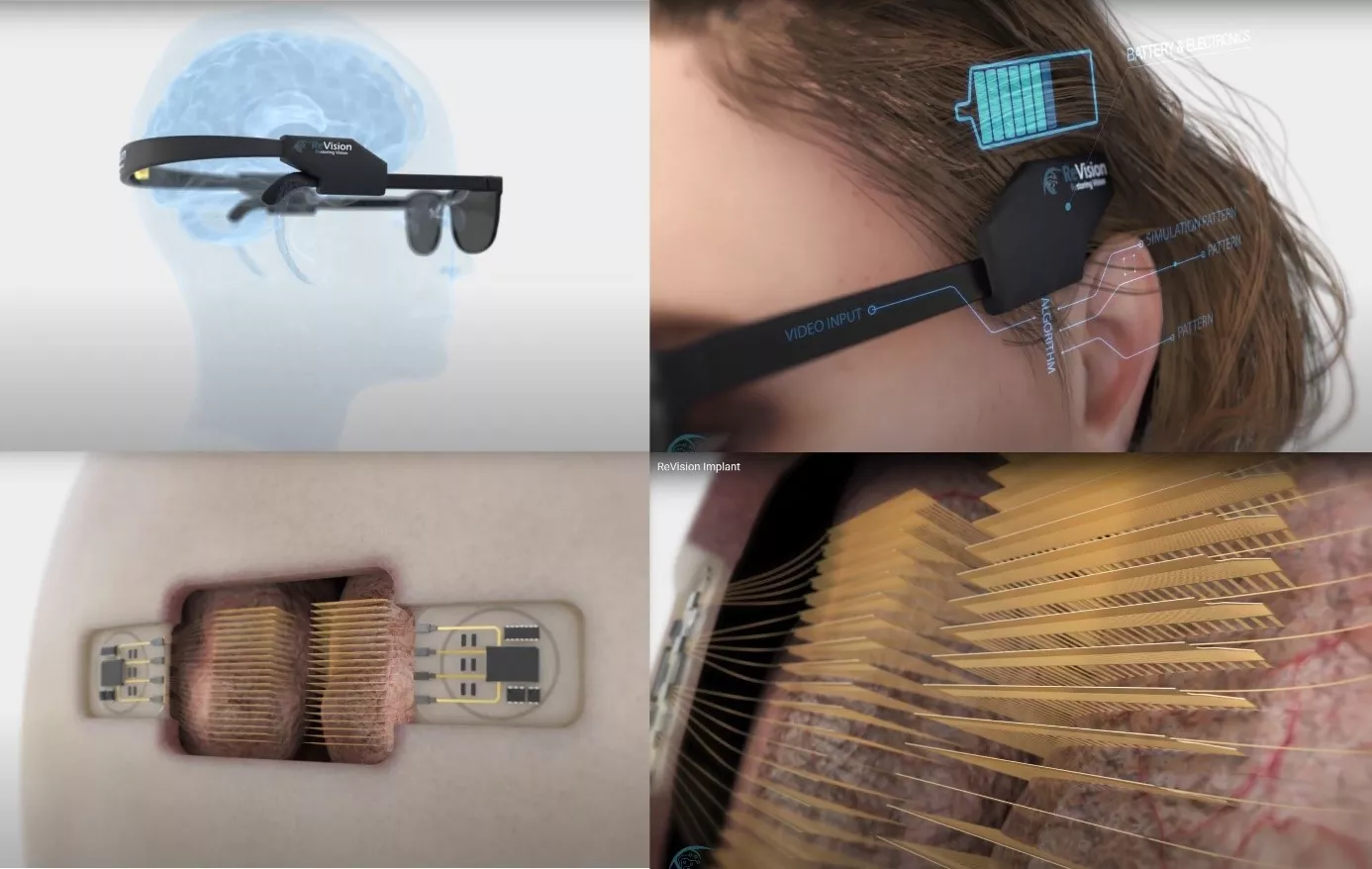A four-year international research and development project with Hungarian participation is being launched to improve the performance and resolution of visual prostheses for the blind that can be implanted in the visual cortex of the brain. The HYPERSTIM project, in collaboration with the Integrative Neuroscience Research Group of the ELKH Research Centre for Natural Sciences (TTK), aims to develop and test innovative electrical stimulation patterns that will enable the creation of more compact, less invasive brain implants. Starting this autumn, the project will receive EUR 2.1 million from Horizon Europe.
The Integrative Neuroscience Research Group, led by István Ulbert, is coordinating one of the work packages of the project, which will use two-photon microscopy imaging to investigate the effectiveness of the developed electrical stimulation strategies in neural networks of the visual cortex.
To achieve their goals, the researchers use modern electronic, computational, physiological and imaging methods. The new implants resulting from this development will provide better spatial resolution for vision compared to current devices.
The High-dimensional Electrical Stimulation for Visual Prosthesis project is the first Horizon Europe grant awarded to the TTK, funded by the European Innovation Council's Pathfinder Challenge program. The four-member consortium project is led by the Catholic University of Leuven (Katholieke Universiteit Leuven), and includes the TTK research team, Pompeu Fabra University in Barcelona and ReVision Implant, a start-up company based in Leuven.
